UF Researchers Identify Mental Health Effects of AI-Driven Job Insecurity (UF News)

UF researchers have introduced “AI replacement dysfunction” (AIRD), a new clinical model published in Cureus to help health care providers identify and address the psychological stress workers may experience as AI reshapes the workplace.
UF College of Medicine Launches AI in Biomedical and Health Sciences Master’s Program (Doctor Gator)
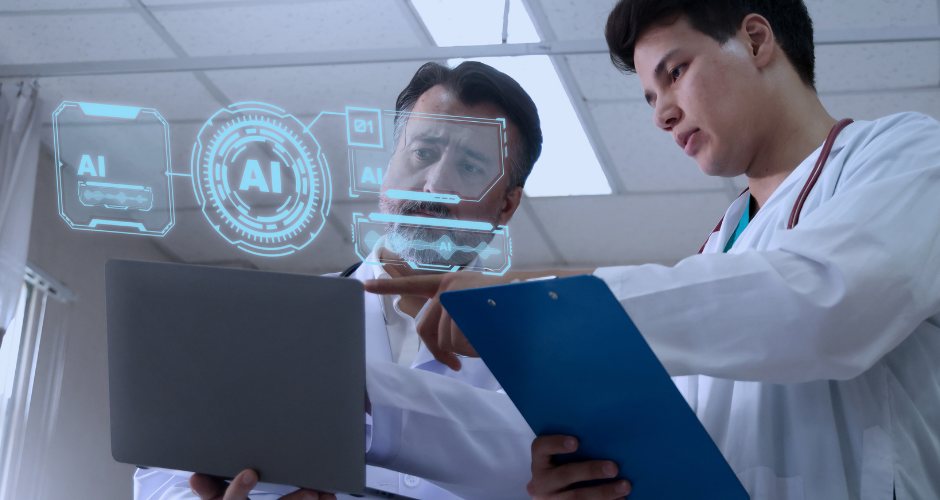
With workforce preparedness top of mind, the University of Florida College of Medicine is debuting the Artificial Intelligence in Biomedical and Health Sciences, or AIBHS, program this fall — one of a few graduate programs of its kind in the nation.
Harnessing AI With Drone Imagery To Detect Costly Celery Disease Before Symptoms Surface (UF News)
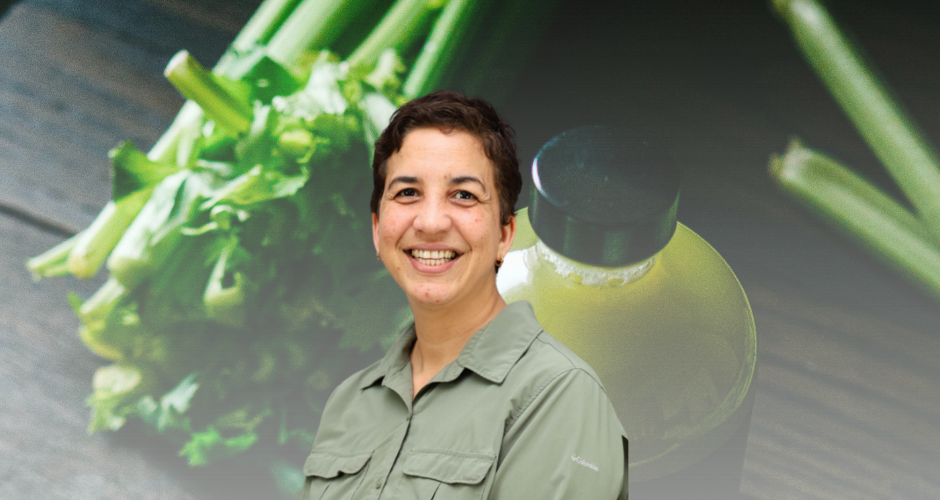
UF researchers are launching a grant-funded project using AI with drone imagery to detect costly celery disease before symptoms appear, helping growers prevent major crop losses and reduce costs.
Neuropacs Closes Seed Round of Financing (Businesswire)
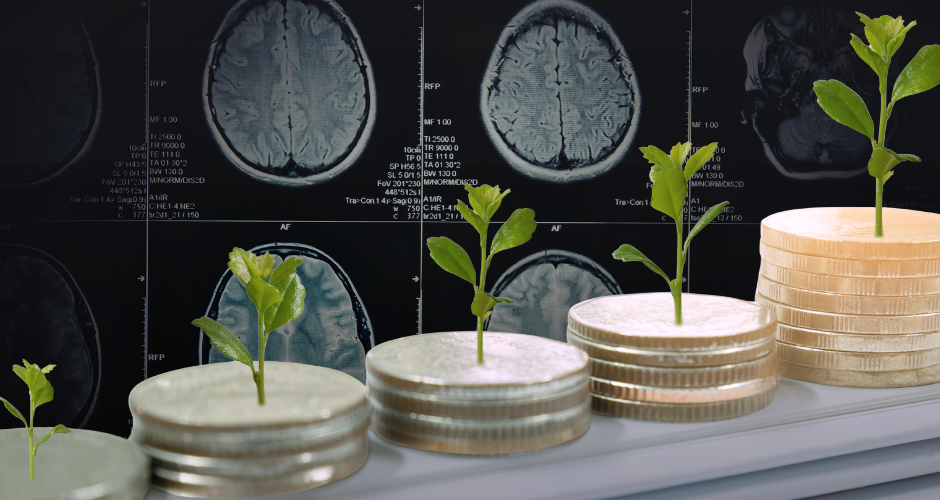
UF startup neuropacs™ Corp. announced the successful raise of over $1.0 million in early-stage capital.
Mark Cuban Cost Plus Drugs and Alchem Laboratories Announce Alliance To Advance Essential Medicines (EIN Newswire)

UF Innovate client Alchem Laboratories announced a partnership with Mark Cuban Cost Plus Drugs to support the development and delivery of essential medicines.
Tech Tuesday: UF Student-Built AI Company Aims at Helping With the Job Interview Process (WCJB TV20)
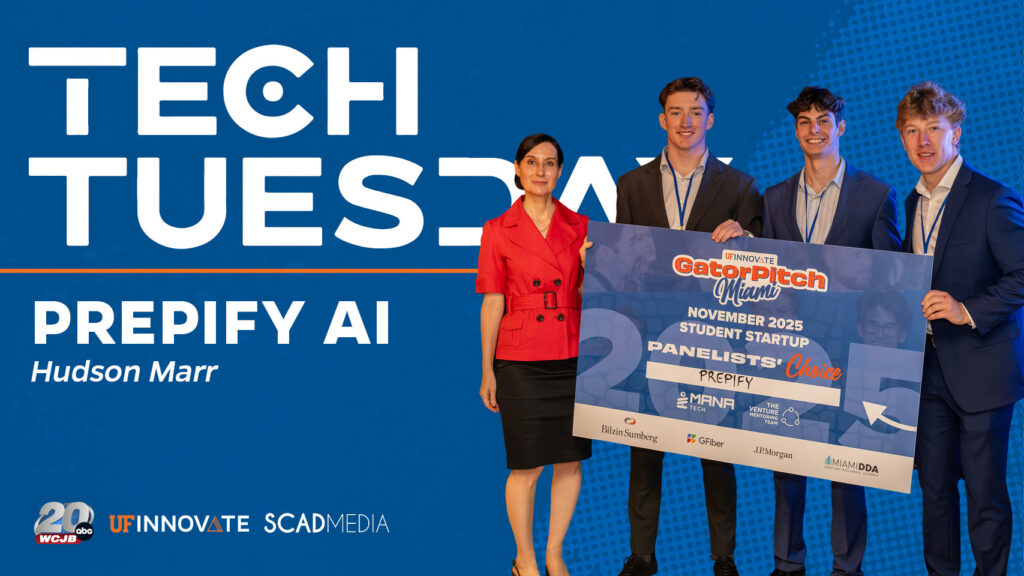
In this week’s Tech Tuesday, UF Innovate highlights a student-built AI company, Prepify AI, which provides tools to help candidates excel in their next job interview and companies to efficiently find the right candidate.
UF Researchers Develop New Training Method To Help AI Tools Learn Safely (UF News)

UF researchers are working to make sure the technology learns safely as artificial intelligence becomes woven into everyday life.
With the MOMitor™ App, Florida Mothers Have Better Maternal Care Right at Their Fingertips (Doctor Gator)

UF researchers have expanded MOMitor™, a smartphone app that helps new mothers monitor their health at home, to address pregnancy and postpartum complications across Florida with AI-supported care.
Tech Tuesday: Local A.I. Startup Wins GatorPitch Miami Panelists’ Choice (WCJB TV20)
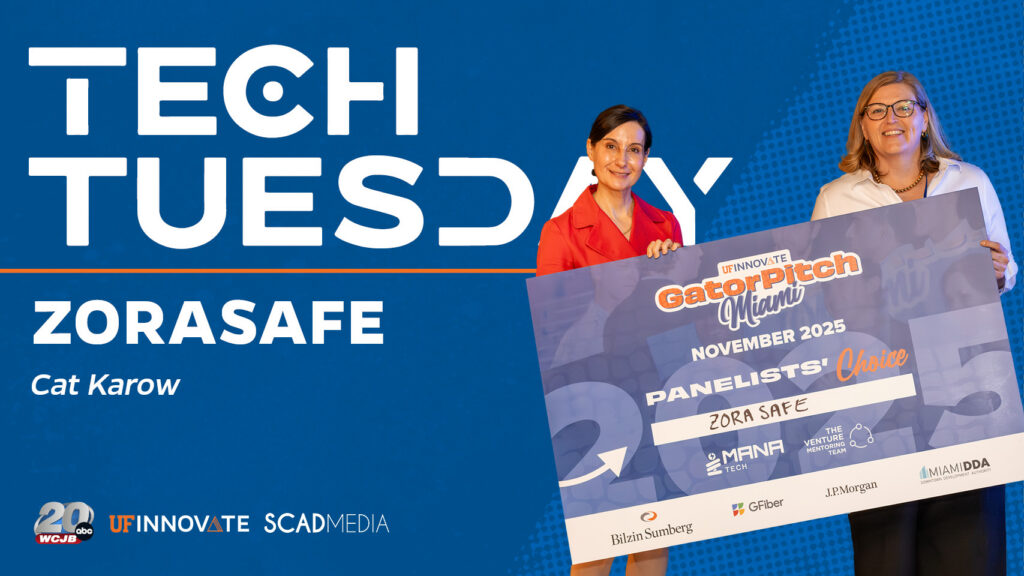
In this week’s Tech Tuesday, UF Innovate spotlights GatorPitch Miami’s Panelists’ Choice winner, ZoraSafe.
America’s Next AI Accelerator Constraint: Heat, Power and the End of ‘Just Add GPUs’ (UF HWCE)

UF researchers have developed a hybrid photonic–electronic neural network that performs feature extraction using light, marking a breakthrough designed to overcome the energy and speed limits of traditional AI computing.
